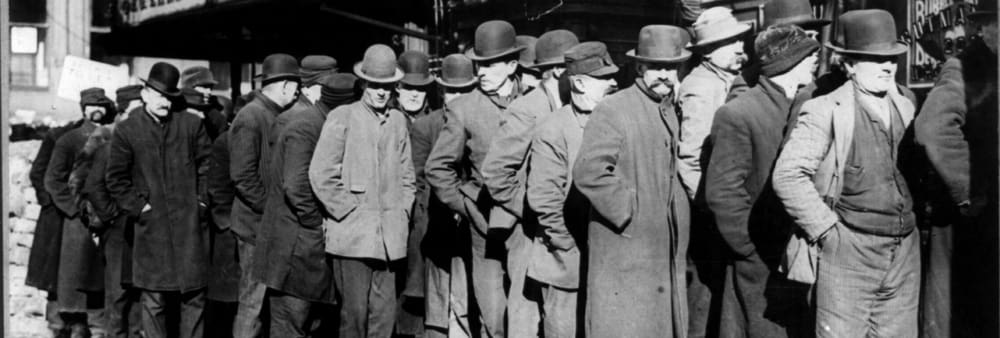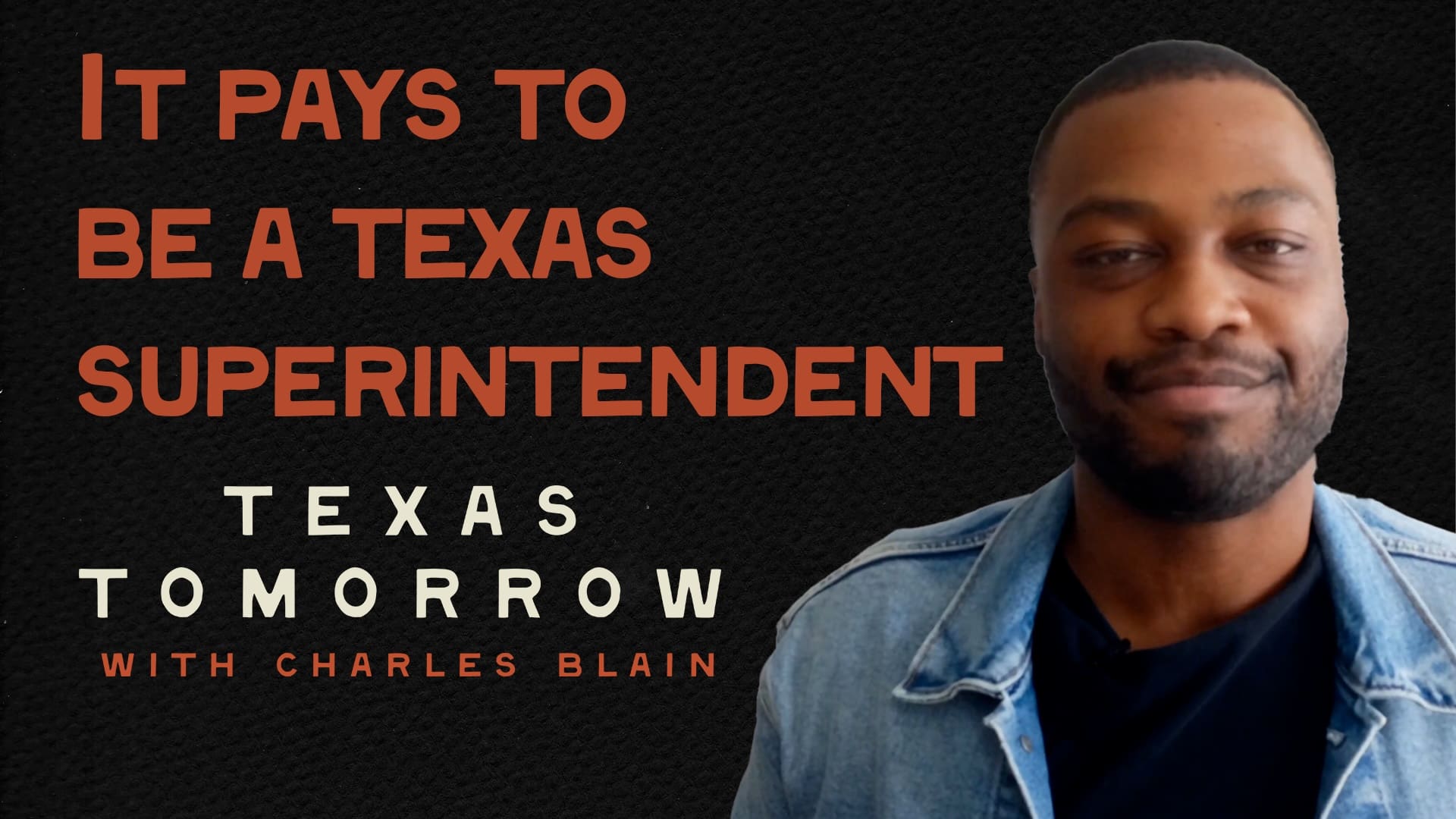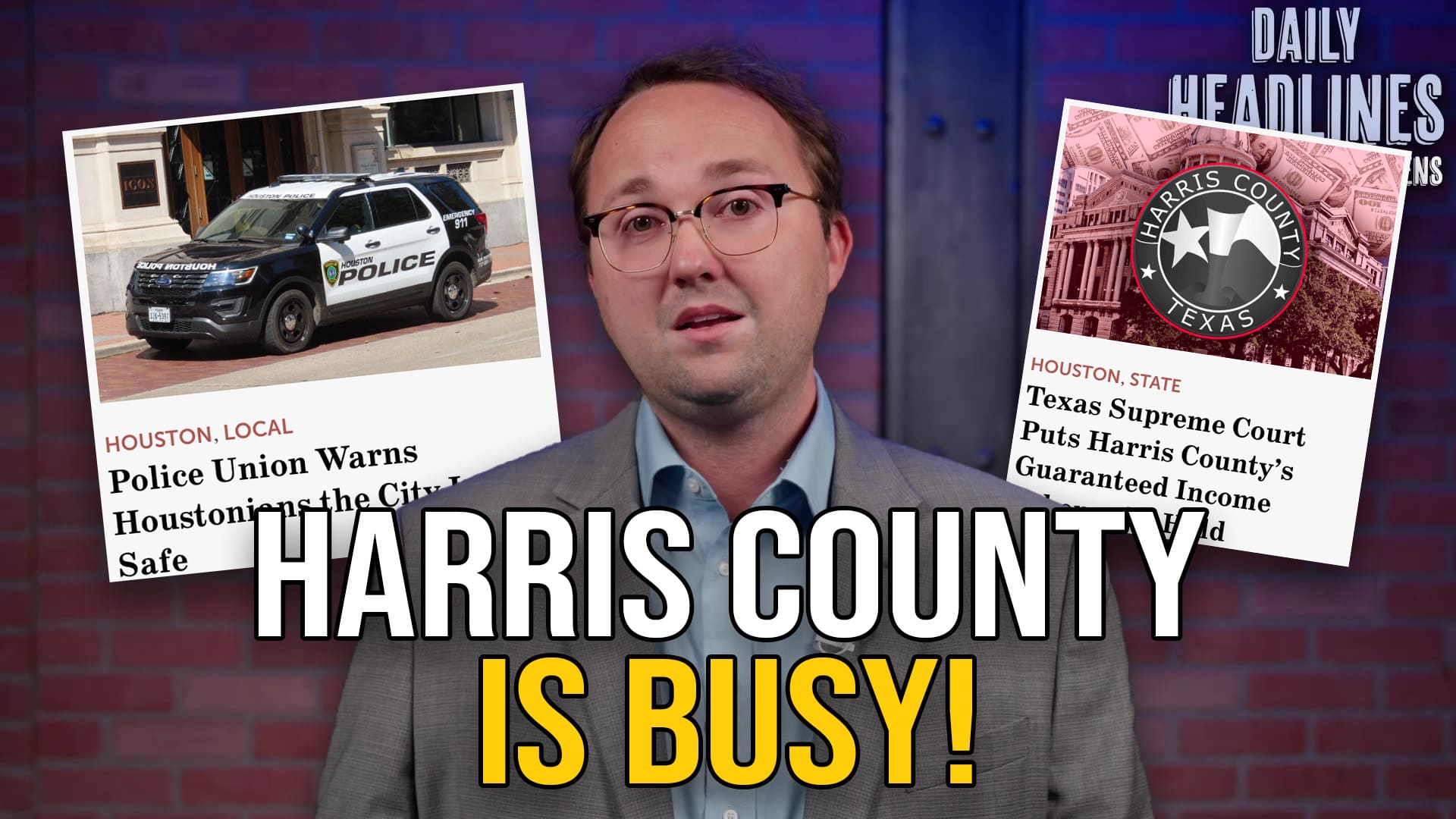On Saturday, Austin voters went to the polls and voted to take away both the livelihood and preferred method of transportation of thousands of their fellow citizens by voting against Proposition 1.
The ridesharing regulation repeal was supported by an $8 million campaign by Uber and Lyft, but nonetheless suffered a major defeat at the hands of the city’s taxi companies and liberal political establishment. The final tally—56% to 44% with about a thousand votes separating the two choices.
After the vote, both Uber and Lyft made good on their promise to leave the city of Austin—completely ceasing operations early Monday morning. As a result, thousands of Austinites have found themselves unemployed. Many drivers whose families that depend upon the revenue now don’t know what to do.
“This decision has been very detrimental to me and my family,” said Steve Krohmer, an Austin resident who drives for Lyft. “We’re literally in tears trying to figure out how to feed our 11-month old son and keep our bills paid.”
The mixture of disappointment and despair isn’t limited to drivers. An even greater number of customers and residents are also upset that a convenient, dependable, and affordable service is no longer available and argue that the state needs to step in to put the issue to rest. Foreshadowing such an effort is a tweet by State Rep. Tony Dale (R-Cedar Park) issued shortly after election results were announced.
Another lawmaker, State Rep. Matt Rinaldi (R-Irving), agreed.
Local control turns to local tyranny again in Austin. #txlege needs to intervene. #Prop1
— Matt Rinaldi (@MattRinaldiTX) May 8, 2016
The state intervening to protect economic liberty wouldn’t be anything new. Last session the state passed legislation removing the authority of local governments to prohibit property owners from exploiting mineral rights. In 2017, ridesharing regulations could be pre-empted in a similar fashion.
Given the bitter battle necessary to pass similar economic freedom legislation that prohibited cities from banning mineral exploitation within their borders, ridesharing advocates need to start getting ready soon. While Uber and Lyft maintain strong resources, they pale in comparison to the power and size of the state’s oil and gas lobby.
In that fight, oil and gas advocates only faced real opposition from taxpayer funded lobbying groups. In this one, ridesharing advocates will face the same organizations as well as taxi companies that have been playing the game for decades. However, Uber and Lyft do have one major advantage: lawmakers and journalists use their service—extensively.
In a rare occurrence, politicians’ self-interest are intricately intertwined with the economic liberty of the citizens they represent. Perhaps, at least in this case, removing regulations won’t be too contentious after all.





